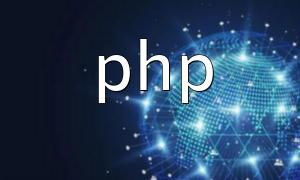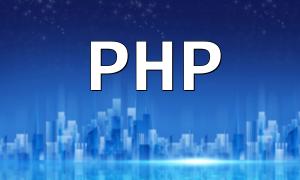PHP frameworks provide a wide range of features to simplify web application development, but these features can significantly affect application performance.
Frameworks often use caching and Object-Relational Mapping (ORM) to boost performance. Caching stores frequently accessed query results or page content, reducing repeated database access and improving load times. ORM converts database objects into PHP objects, simplifying data operations and minimizing manual SQL, which enhances overall performance.
Routing maps URLs to specific actions in the application, while template engines allow developers to generate HTML pages using dynamic data. These features enable applications to efficiently handle requests and generate responses without consuming excessive time on low-level parsing.
Many frameworks provide integrated libraries for common tasks such as authentication, email, and logging. These libraries reduce the need to write custom code for these functions, saving development time and improving application performance.
Consider an e-commerce website using a PHP framework with caching and ORM:
The result is faster website load times and shorter response times, enhancing user experience and conversion rates.
Developers should use framework features according to the specific needs of their applications. By using caching, ORM, routing, and integrated libraries wisely, PHP frameworks can significantly improve application performance, resulting in faster page loads and responses.









